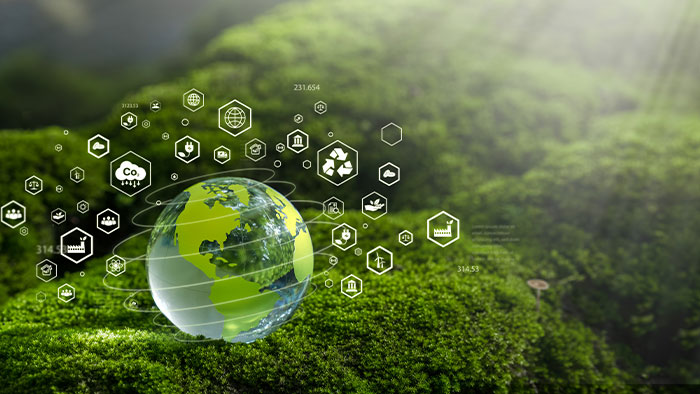Top 5 Environmental Compliance Issues for Retailers
- By [ Tiffin Shewmake ]
- 02/07/2017

#1 – Hazardous Waste
Applying laws designed to control waste from industrial facilities to unsalable consumer products in retail is a compliance challenge. Some consumer products such as paints, chemicals, bleach, and cleaners are easily recognized as hazardous while other products such as air fresheners, perfume, cosmetics, and aerosol cans are not so obvious. This complexity, combined with state level regulatory variations and the potential for significant penalties, puts hazardous waste as the number one environmental regulatory issue for most retailers. The RCC can help--the Tools page has two matrices on state variations in hazardous waste regulations, and the RCC Newsroom features articles with practical tips on managing hazardous waste.
#2 – Refrigeration
Refrigeration is everywhere – from coolers and freezers to HVAC systems, vending machines, and temperature controlled transportation. Keeping cold has significant environmental impacts; many refrigerants are ozone depleting substances (ODS) or have high global warming potential (GWP). Ammonia refrigeration avoids these issues but triggers safety requirements. There has been significant enforcement against retailers for refrigeration management. In addition, be aware that the rules were just revised. For more information, the RCC has a Refrigerant Fact Sheet
#3 –Petroleum Storage Tanks
Petroleum storage tanks are primarily an issue for retailers with fueling stations, although tanks are often used with emergency generators. Both underground storage tanks (UST) and aboveground storage tanks (AST) make our list because of the numerous regulatory requirements and the potential for costly cleanups and environmental damage from leaks. States frequently cite facilities for housekeeping violations, such as missing registrations or training, issues that can be avoided with a good compliance program. For more information visit the RCC Storage Tank page and the RCC Spill Reporting Matrix.
#4 – Stormwater
Stormwater, especially during construction, triggers many regulatory requirements and has the potential to cause significant environmental damage. Compliance is challenging as construction sites are constantly changing and stormwater regulations are primarily implemented at state and local levels. There are fewer ongoing stormwater requirements after construction. Good housekeeping practices can reduce environmental harm but it's upfront greener design that can significantly reduce environmental impacts. The RCC Water Page has information Low Impact Development in addition to compliance.
#5 – Solid waste
Even waste that is not considered hazardous under the law can be a compliance headache. Solid waste is usually regulated at the local or sometimes state level, and more and more communities are banning undesirables from their landfills. Many bans are designed to promote the recycling of materials such as paper and cardboard, appliances, tires, wooden pallets and food waste. In addition, retailers must be careful about items such as electronic waste and batteries that may be considered hazardous waste. Visit the CRC Solid Waste Page for more information and the e-waste Matrix for state level e-waste regulations.
With all of these issues, your best defense is a good compliance program. This does not necessarily need to be an elaborate or expensive program, just a good understanding of the issues and systematic approach to ensuing compliance. For more information on designing a compliance program visit the Retail EMS Guidance page. We are working on new compliance tools so sign up for RCC Alerts to stay updated on these tools and new content.


